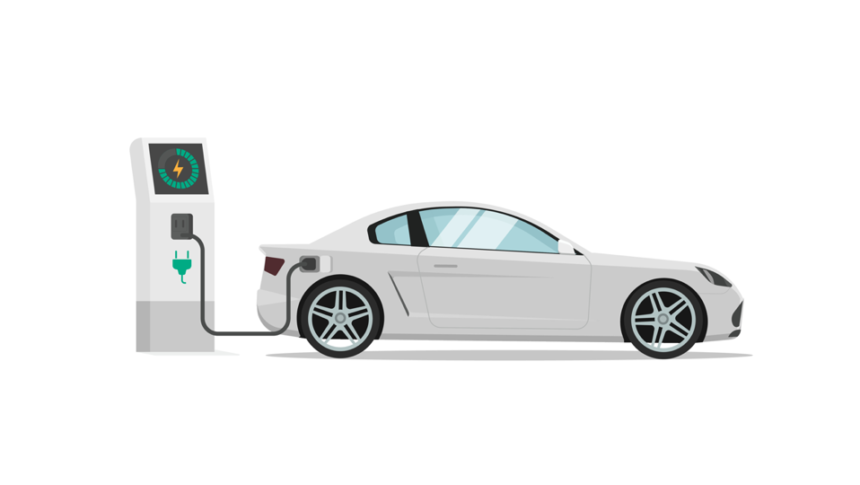It may come as a surprise to many that the first practical human carrying EV ran in the year 1881 itself. High cost, low top speed and short battery range were deterrents which led to declining use and interest. Eventually, the internal combustion (IC) engine took over and established itself as the de facto mobility driver. The phenomenal success of the legendary mass-market Model T vehicle aided the rise of the IC engine. More than a century later, the year 2020 brought with it to India high excitement around the subject of EVs. The Auto Expo held in February was a testament to that. The enthusiasm around EVs dominated all other matters. The year 2020 was considered by many to be a watershed one for the Indian EV industry, at least till the first week of March. Just as the dots were beginning to connect on the Indian EV front, the global pandemic and subsequent lockdowns have brought economic activity to a standstill.
Nevertheless, from whichever perspective we look at it, EVs are the future of mobility in India. It is imperative – whether in the personal or fleet space – that we spare no effort to meet and even surpass the goals set for 2030.
Now is the time for innovative, bold ideas to come to the fore and swing India’s EV potential to the next orbit.
We all know the typical problems affecting the rapid growth of EVs in India, chief among them being high battery and hence product cost in a price-sensitive mass market, low network of charging infrastructure, among others. However, it is also a fact that the government is doing a lot. Removal of taxes, delicencing of the charging infrastructure, mandatory allotment of 20 per cent parking space for EVs inside residential and commercial complexes, EV charging facilities and more are welcome steps. However, government initiatives are a framework on which industry has to build upon with a network of ideas that create sustainable profitability at every touchpoint of the business. Whether it be worthwhile ideas to engage a customer during recharges, attractive exim policies to spur domestic capacity building or fast-tracking creation of giga factories for domestic battery manufacturing, successful commercial ideas will drive rapid adoption. Another revenue area could be all-inclusive schemes from product development to sale and insurance to last-mile usage for fleet buyers (e.g. e-commerce companies).
It may even be worthwhile to consider multiple applications of EV technology beyond people mobility, e.g. the agrotech sector, where the lower cost of operation could prove beneficial to stakeholders. Keeping the e2W market in view, low-cost conversion kits with long-term battery replacement plans could prove to be win-win for seller and buyer both. It may even be interesting to consider incentivising individuals to own and operate PCO like white label charging stations. Other ideas include incentivising large corporations to develop regional hubs for green-to-green energy infrastructure building
It is worthwhile to mention that Electra EV aims to offer relevant and affordable EV powertrain solutions, systems and services to support OEMs, orchestrators and tier-1 suppliers, attempting to accelerate the future of electric mobility in India. The India market, and for that matter globally too, a one-size-fits-all approach cannot work for electric mobility. As a specialist company in the electric vehicle powertrain market, Electra EV is continuously innovating to bring new solutions to the forefront in its core areas of powertrain optimisation and energy utilisation. The company does this through developing and adapting electric powertrain technologies and by utilising a systems approach to arrive at range and torque requirements in real use case scenarios. A large part of the development today is centred around validating solutions in these conditions. Electra EV also leads the charge with industry partners to research consortia, working on various battery chemistries for range and life extension.

